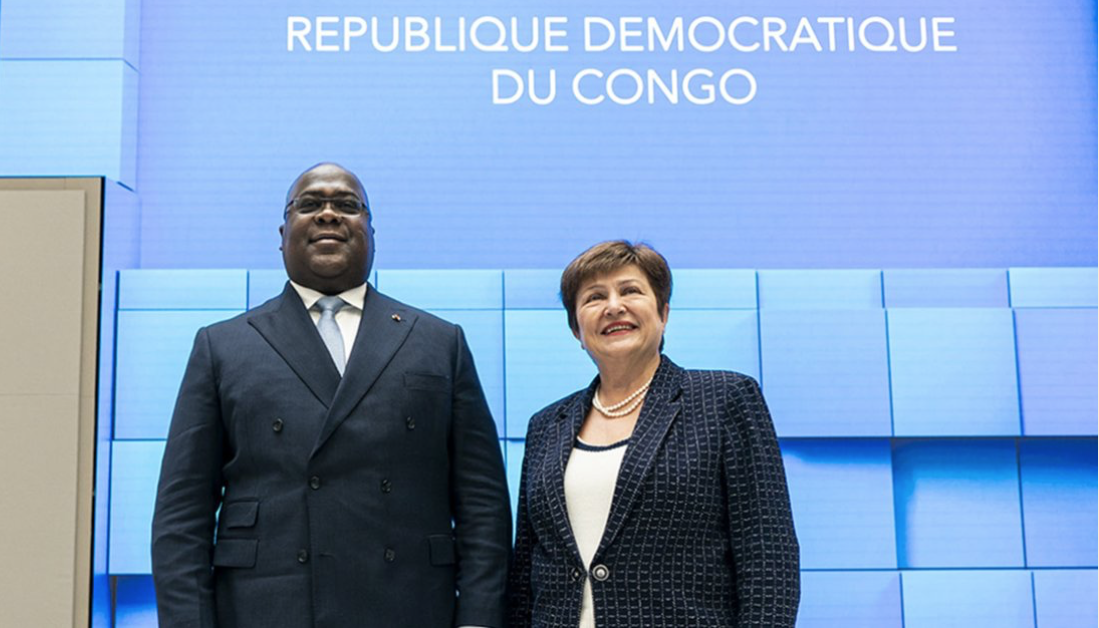[ad_1]
The executive board of the IMF has judged the progress made by President Félix Tshisekedi’s teams in implementing reforms under the $1.52bn Extended Fund Facility, which was approved in July 2021, to be “satisfactory”.
According to its estimates, “fiscal performance has been better than expected as increased budgetary revenues and external financing have created room for additional spending, especially on investment, despite the accumulation of domestic arrears”.
Quantitative criteria almost met
The IMF will disburse $203m “to meet balance of payment financing needs” raising the total to $653m that was transferred to Kinshasa in the past year.
The article continues below

Free download
Get your free PDF: Top 200 banks 2019
The race to transform
Complete the form and download, for free, the highlights from The Africa Report’s Exclusive Ranking of Africa’s top 200 banks from last year. Get your free PDF by completing the following form
Buoyed by rising metal prices, the country’s exports are expected to reach 45% of GDP this year, up from 40.8% in 2021. Furthermore, revenue and grants are now forecast to account for 14% of GDP this year, the same level as in 2020, whereas a two-point drop was initially predicted. GDP is expected to grow by 6.1% this year, despite the impact of the Ukraine crisis.
The IMF teams were disappointed, however, that not all the mining contracts have been published, as this constituted one of the five aid programme’s “structural benchmarks”. One of them has not been made public, they said, without identifying which one.
Kinshasa signed an agreement at the end of February with Israeli businessman Dan Gertler to transfer to the state the mining assets that are at the heart of numerous controversies and US-imposed sanctions. Congolese civil society groups are calling for the agreement reached with Gertler be published.
Wage bill and subsidies
The IMF also encouraged the head of state to continue “controlling current expenditure”, including fuel subsidies and civil service reforms, in order to “create space for priority investments”.
Between the lines, the multilateral institution is putting pressure on Kinshasa to reduce the public wage bill – weighed down by a large number of “ghost” civil servants – and subsidies. In 2020, public salaries represented 4.8trn Congolese francs ($2.4bn), or more than half of current expenditure. The IMF expects this will rise to nearly 7trn Congolese francs by next year.
In comparison, investment expenditure reached only 1.9trn Congolese francs in 2020. Moreover, barely 251m Congolese francs of that expenditure had been financed locally. Subsidy spending reached 2.2trn Congolese francs in 2020. It is expected to rise by a further 1trn francs this year.
[ad_2]
Source link
